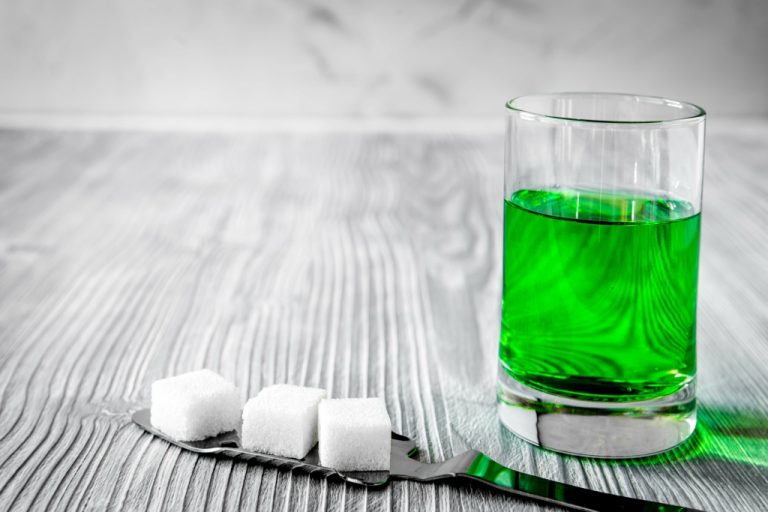The importance of addressing guilt and shame in the recovery process
After the euphoria dissipates, they will feel shame for having Alcoholics Anonymous relapsed. Shame and guilt are parts of addiction and recovery that are quite common but can be repaired with time and work. If one dwells in these feelings though, the creation of self-doubt can lead to furthering relapse or causing it to reoccur. It is important to try to become more self-aware of your feelings and work on them. Hadiah is a counselor who is passionate about supporting individuals on their healing journey. Hadiah not only writes insightful posts on various mental health topics but also creates practical mental health worksheets to help both individuals and professionals.
Frequently Asked Questions about Shame and Guilt
I think about this sometimes and I would say this to parents, is that when your son or daughter is trapped in an addictive cycle, you can bet your bottom dollar. But you step outside of those rooms, and it’s a whole different world. I know this firsthand, all into my own history of addiction and recovery, that to get into support groups, such as 12-step support groups or other resources. One of the reliefs there is that there’s no stigma there, there’s no judgment ideally, and most of the time, there isn’t. That’s part of what’s saving about being in these groups because you’re with people that get it and don’t judge it.
Reach out now and join our supportive

Furthermore, developing a strong support system offers multiple benefits such as providing emotional support, reducing stress levels, boosting self-esteem, and increasing accountability. It’s not surprising why people who have access to a solid support system are more likely to achieve their goals and maintain long-term recovery. It’s important to note that while shame can be damaging, it also has an evolutionary purpose. Feeling ashamed of immoral or unethical behavior helps us conform to social norms and maintain social order. However, this evolutionary mechanism can become problematic when it leads individuals to feel ashamed for seeking help or vulnerability. You look at a functional MRI brain scan of somebody with an active addiction.

How Family Therapy Helps Parents and Teenagers Address Substance Use Issues

By owning up to their actions, individuals may be motivated to seek forgiveness, make changes, and move forward in their recovery journey. Honesty plays a vital role in the recovery process by fostering trust and openness. When individuals are truthful about their past behaviors, struggles, and feelings, they create a foundation of trust with therapists, support groups, and loved ones. This transparency reduces the risk of relapse https://fbb.dev.tqnia.me/2021/04/16/alcoholism-audiobooks-in-addiction-recovery-2/ because it encourages accountability and consistent progress. Support networks and community involvement play a significant role. Sharing experiences within support groups such as Alcoholics Anonymous or Narcotics Anonymous fosters understanding and reduces feelings of isolation.
Lifestyle
- Practicing self-compassion enables them to treat themselves with kindness, acknowledging their struggles without self-judgment.
- Instead, work on shifting attitudes and routines to improve your ability to make wiser choices now and in the future.
- Engaging in open conversations with trusted friends or therapists can help individuals articulate their feelings of shame and guilt.
- Strong tracking methods and awareness of warning signs build a solid foundation for long-term recovery.
- Recognizing and addressing these emotions are crucial steps toward sustained sobriety and well-being.
It’s the feeling of being a “bad person” rather than having done a bad thing. Guilt and shame are among the two most common emotions that people often feel when they are in early recovery. So, if you are feeling either of those emotions, just know that they are perfectly normal. In active addiction, many of us did a lot of damage and hurt a lot of people (including ourselves). The good news is that, in recovery, we don’t need to live in guilt and shame anymore.
- Thus, making amends transforms the narrative from one of shame and remorse to one of healing and hope.
- We’ll give you skills to discover your self-worth and show you the tools for a life of hope and promise.
- It can be beneficial for anyone experiencing emotional difficulties.
- Personal boundaries can help protect your overall well-being and keep relationships safe, supportive, and respectful.
- On the other hand, shame is a more destructive emotion, leading individuals to view themselves as fundamentally flawed or unworthy.
How to Create a Personalized Recovery Plan
- Letting go of the guilt and shame that surrounds addiction starts with learning to identify these negative emotions.
- This helps them change their perceptions about themselves, and remove the negative emotions and thoughts that are driving the addiction.
- This step marks the beginning of true freedom—where the power of guilt and shame over our lives starts to diminish.
” It’s a fair question to ask, guilt and shame in recovery but it also makes it more likely that if you ask either of those questions, you’ve probably never struggled with alcohol or drug abuse. The rearview mirror is always clearer than the windshield, it’s easy to look back but looking ahead and staying positive is always worth it. Life can be amazing, just keep progressing and make adjustments along the way. We are the seasoned critics, we have lived our whole lives trying to look inward and identify who we are and what we are doing feeling all the mistakes on the deepest level. It is a problem that some people fight for the rest of their lives. It can sneak its way into your world, grab a hold of things so tight, making you feel drained and burnt out emotionally.
